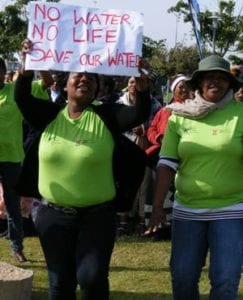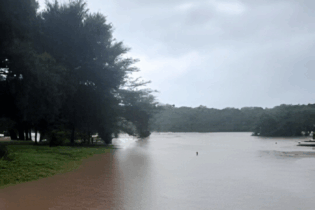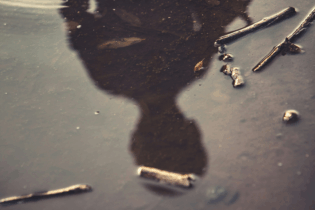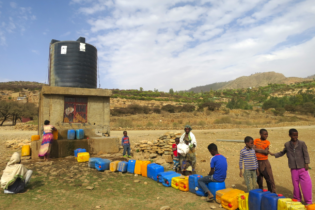Water resources in South Africa are under “immense pressure” and the department wants to partner with communities to increase protection for wetlands and rivers.
“We realise that our water resources are under immense pressure from using water and from pollution impacts. We are taking various steps to improve that, even in our legislation where we make provision for the right of the natural water resource,” head of the Western Cape regional office in the department of water affairs resource protection section, Wilna Kloppers, told News24. The department is rolling out the Adopt a River programme that seeks to encourage communities to take responsibility for rivers and wetlands in the environment. The community of Khayelitsha on the Cape Flats recently adopted the Kuils River and an intensive clean-up has improved the area around the river, but Kloppers said that government remained committed to environmental responsibility. “The idea is that government and specific levels of government have a specific mandate and a specific responsibility and role to play.” Pollution threat In the more affluent Muizenberg suburb, the pollution in the Zandvlei estuary has resulted in dead fish and algae blooms in the water. CapeNature has allocated R24.5m of its budget to help protect estuaries and improve the functioning of catchment areas. Kloppers said that while the department was committed to water resource protection, it depended on communities to be vigilant with regard to water bodies in the area.“We want to partner with the public in general to assist us there, if they pick up things that they want to report, and the relevant departments can action. Also, [the public] should be aware of the fact that they can make a huge difference. If people are aware of the impact of waste on the water resources and their quality of life, they can cut that pollution chain, so to speak.”
Many river systems are under threat through pollution, unchecked development and abstraction and the department has initiated an education component in their programme with communities in sensitive areas. “It is to take it to a very local level; to educate people, but also for them to take responsibility to assist with water resource management,” said Kloppers. She conceded though, that there were not enough officials to monitor all water systems and that the government had initiated programmes to incentivise municipalities to improve water quality. Warning “The capacity will always be a challenge, but having said that, I think trying to learn from the mistakes of other countries is a good thing. We’re trying to be a little bit proactive and that’s where the Blue Drop and Green Drop programmes also come in to say: ‘This is incentive-based’.” Water Affairs Deputy Minister Rejoice Mabudafhasi warned that the gloves were off for people who stole water. “Our Blue Scorpions are there. When they do illegal connections, people down the river don’t get water and you are stealing – you are a thief – you are a criminal. When we find them, we don’t negotiate – we break all those connections. We punish you for stealing our water,” she said recently.






